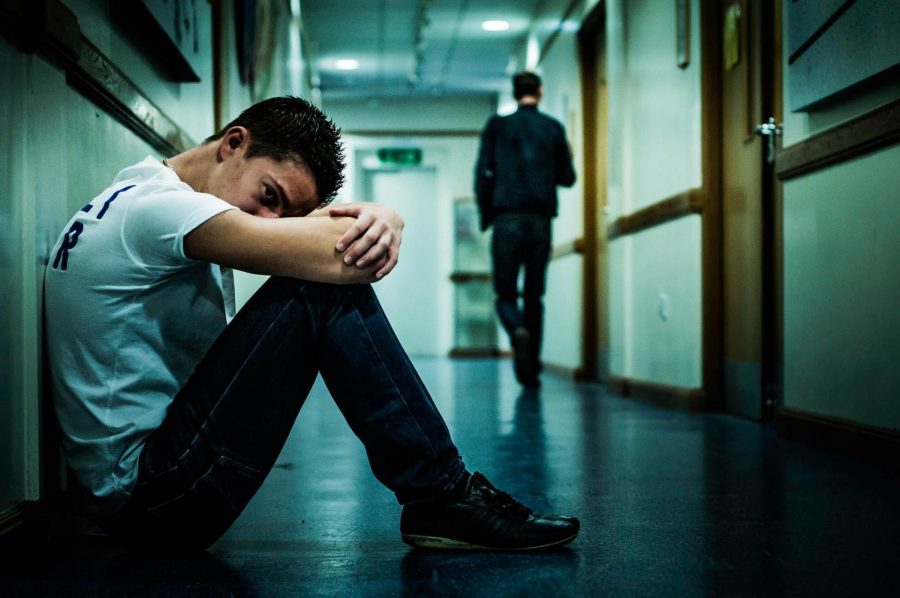University Counseling Center reports increase in normative stress, offers continued support
Jan 25, 2021
The COVID-19 pandemic put a wrench in many plans for college students entering the fall and now winter semester. Classes turned online, dining halls were closed, and COVID testing sites grew as Grand Valley State University was striving to make the best of unexpected circumstances.
With these strange transitions along with the stress of an election and tragedies for people of color, the University Counseling Center saw an increase in normative stress.
“Normative stress means people are having a normal reaction to an abnormal situation,” said University Counseling Center Director Amber Roberts. “If you ask someone to self-report, do you feel more anxious, do you feel more uncertain, most of us are going to say yes when something like a pandemic is happening. The thing about normative stress is usually you can do a lot of good for yourself just with the basic things like basic self-care, basic prevention, being connected to others, those things usually work on normative stress and it means we’re still coping. Normative stress means you’re coping. I think that’s what’s happening for a lot of students.”
In a report by Penn State’s Center for Collegiate Mental Health, studies found clients’ average levels of distress in terms of depression, generalized anxiety, social anxiety, academic stress, eating concerns, alcohol use, and more were the same in 2019-2020 compared to 2018-2019.
Yet, Roberts said the only uptick she has seen from general GVSU students relates to academic distress with the switch to remote learning. There were also slight increases in financial stress and anxiety not about contracting the virus themselves, but passing it on to older parents.
“I think whenever a routine is changed very quickly, we have to figure out a new way of doing things and we have some adjustments (for us),” Roberts said. “I think a lot of people thought students would like online learning and we’re moving in that direction, the world is moving in that direction, but it’s interesting I’m hearing a lot of the opposite from students. It turns out maybe being in the classroom is maybe even more connecting than we realized.”
Roberts is especially concerned about students of color battling the current socio-political climate. For support, she mentioned multiple resources including a Black Voices Identity support group, searching to hire a counselor in expertise for providing services to Black students and developing a racial trauma workshop.
“We’re trying to do some more specific programming but make sure that all of our counselors are confident to treat students no matter their background,” said Roberts.
With Michigan’s restrictions, the University Counseling Center has adopted teletherapy to care for students, meaning sessions are conducted remotely. Tips for keeping the session private include testing if others can hear you in a certain space, scheduling appointments while roommates are in class or out of the house, using headphones, reserving a private place on campus or sitting in your parked car.
The Counseling Center has also introduced Healthy Laker Workshops, new workshops a counselor has designed but can be completed at your own pace. Some workshops include adjusting to COVID-19, art therapy, self-compassion, stress management, and racial trauma management and self-care. Additionally, daily messages on their Instagram, @gvcounseling, will play at noon as part of their Thrive All Year campaign. These include Mindfulness Monday, Gratitude Tuesday, Journaling Wednesday, and Random Acts of Kindness Thursday.
Roberts said group therapy has helped students feel supported by their peers. There are multiple options for students of color, first-year students and students who are in quarantine or isolation.
All counseling services are free to students and available at any time. Roberts encourages students to ask for help if needed, especially within the college campus.
“There are so many services on campus that students have access to, it’s just taking advantage of those services,” said Roberts.


























